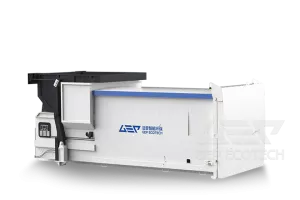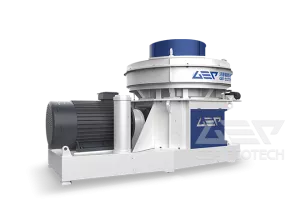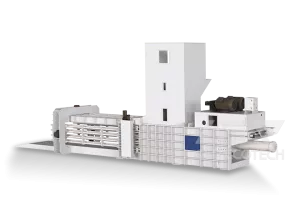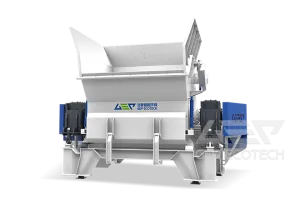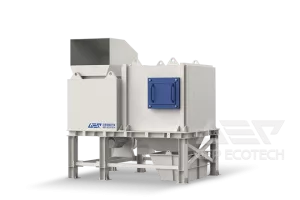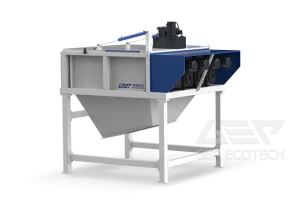Alternative fuels have become increasingly popular in the cement industry as a way to reduce costs and environmental impact. One way that cement kilns are using alternative fuels is by replacing traditional fossil fuels with alternative fuels.
Alternative fuels that are commonly used in cement kilns include:
Tires: Scrap tires can be used as an alternative fuel in cement kilns. The tires are shredded and then burned as fuel, now commonly referred to as Tire Derived Fuel (TDF), which provides a high-temperature, high-energy burn that is ideal for the manufacturing process.
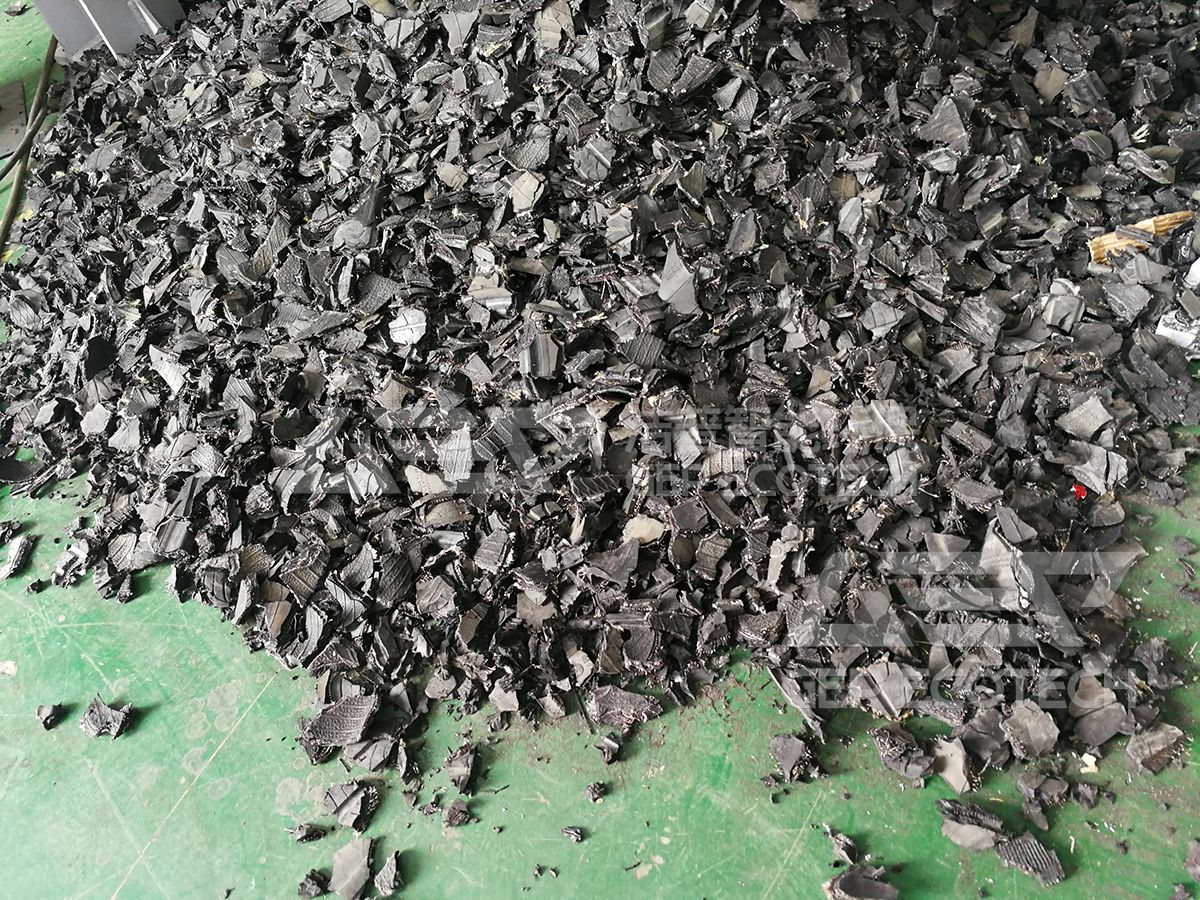
Shredded tires
Biomass: Biomass fuels like wood chips, straw, and agricultural waste can be used in cement kilns. These fuels are carbon-neutral, renewable, and offer an environmentally friendly alternative to traditional fossil fuels.
Municipal Solid Waste: Municipal solid waste (MSW) can be burned as fuel in cement kilns after being processed in a waste-to-energy plant. This helps to reduce the amount of waste in landfills while also providing a source of fuel for cement production.
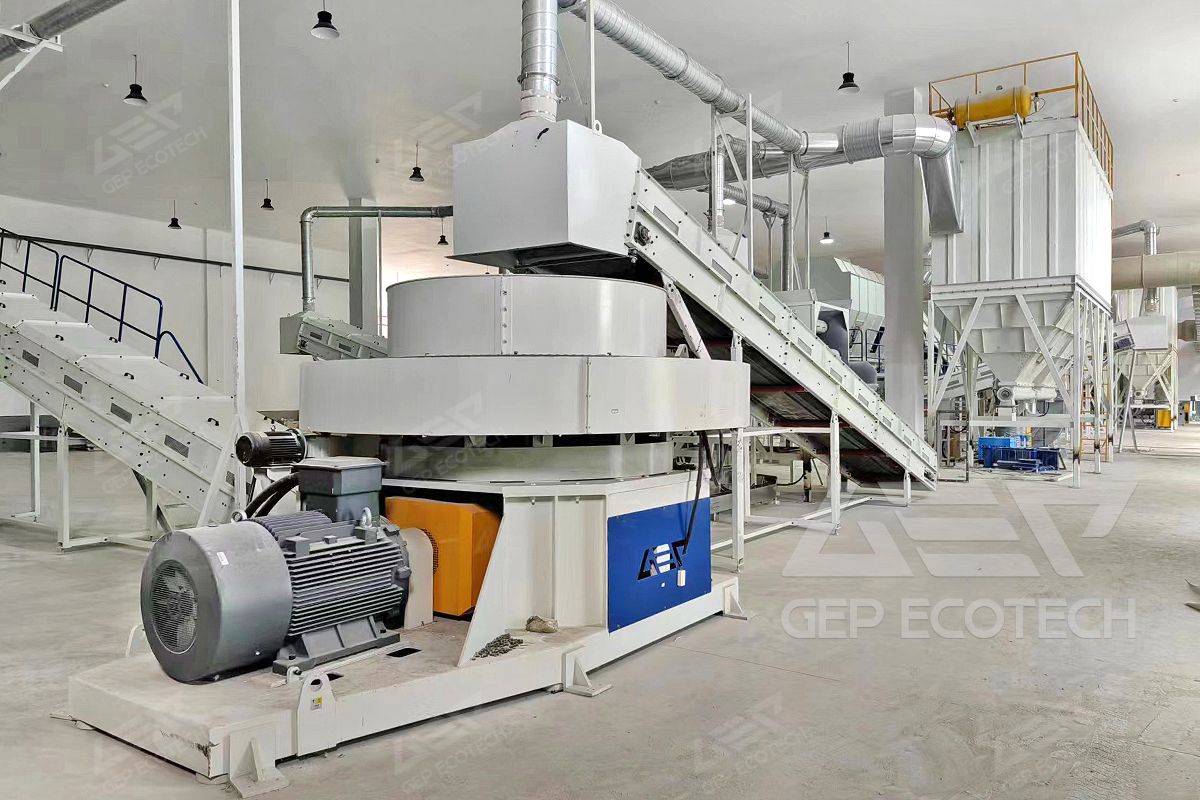
Waste-to-energy plant
Hazardous Waste: Some hazardous waste, such as solvents, can also be used as fuel in cement kilns. This provides a safe and efficient way to dispose of hazardous waste, while also reducing the reliance on traditional fossil fuels.
Textile waste: Cotton, wool, and other fabrics, can be converted into a fuel source for cement kilns. To do this, the textile waste is first shredded, sorted, and processed into Solid Recovered Fuel (SRF). The SRF is then burned to create high-temperature combustion in the cement kiln.
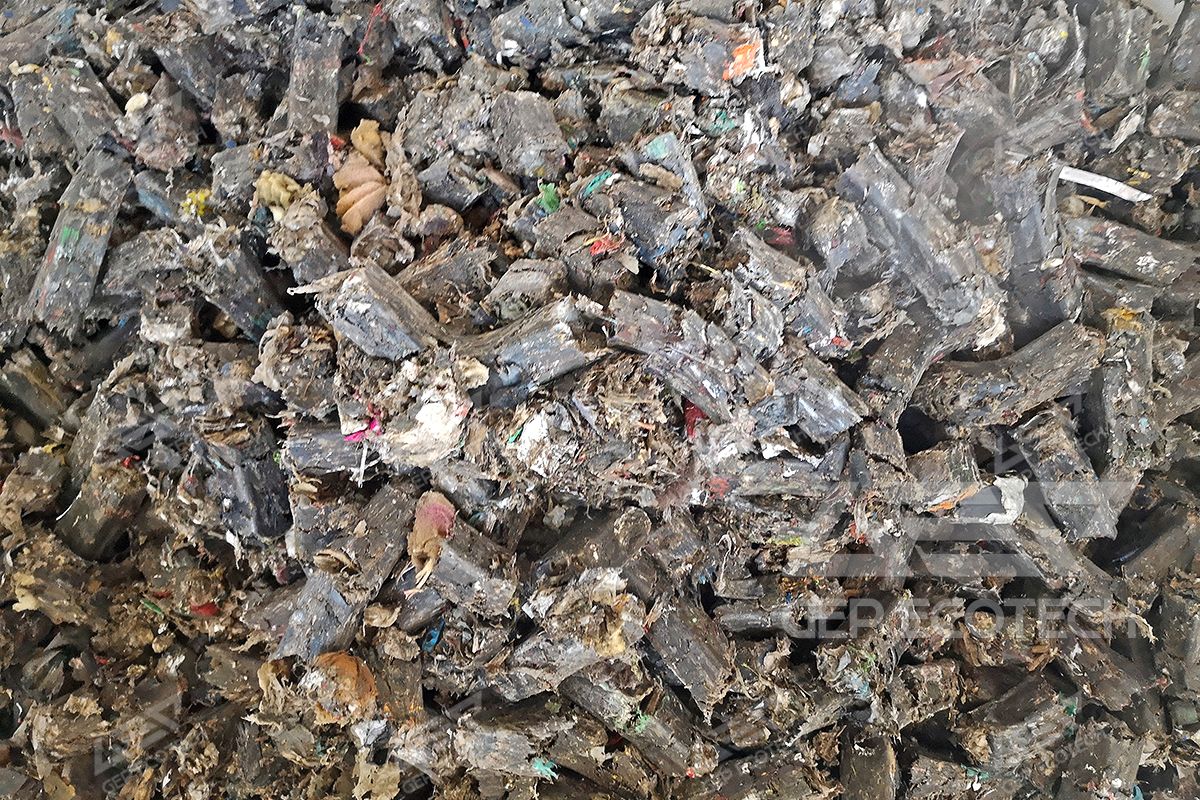
Textile Waste Solid Recovered Fuel (SRF)
Plastics: Certain types of plastics can be recycled and turned into a fuel source for cement kilns. The plastic waste is first sorted by type, then shredded and turned into fuel pellets.
Using alternative fuels in cement kilns requires careful consideration of the type of fuel being used, the equipment required for processing the fuel, and the regulatory and safety requirements. However, by using alternative fuels, cement kilns can reduce their environmental impact, save money on fuel costs, and promote sustainability in the construction industry.


